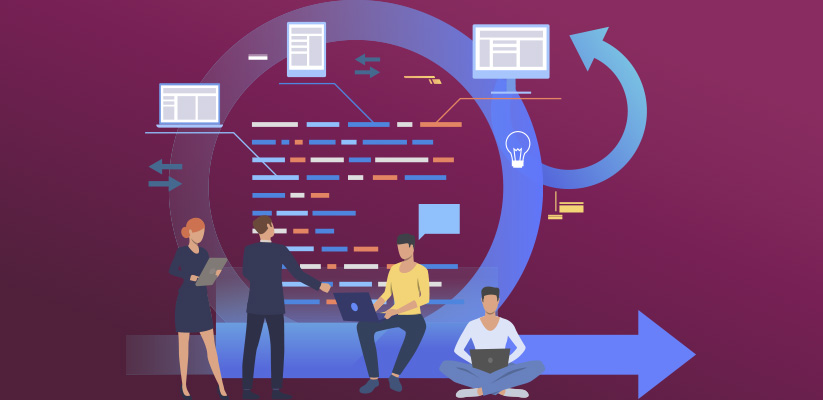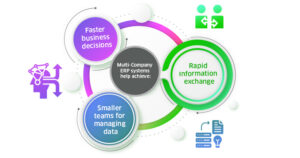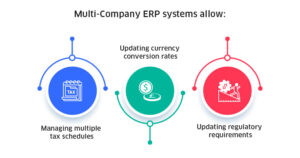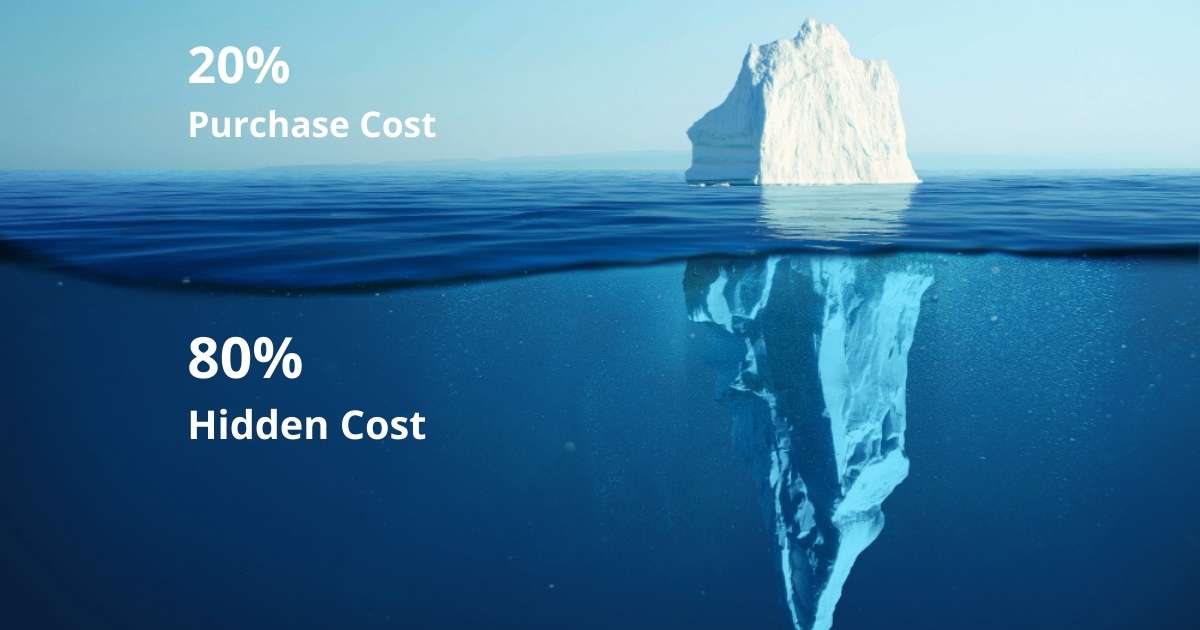Summary: Multi-company ERP solution is ideal for big companies spread across multiple geographies. It helps integrate and streamline business processes, provides a comprehensive view of operations on a global level, helps adhere to diverse government compliances, and speeds up the information exchange rate between stakeholders stationed worldwide.
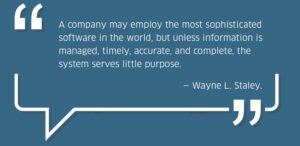
Organizations of all sizes use business management solutions to monitor, control, and integrate business processes.
As an organization expands through Mergers & Acquisitions (M&A) or Joint Ventures (JVs), they need to integrate multiple systems already deployed in the recently purchased company with the operating system installed in the headquarters.
Manually integrating two or three such systems is doable. But as the business expands and the number of systems increase, it becomes time-consuming, complicated, and costly to do so. More importantly, if you plan to set up subsidiaries or buy companies in other countries with diverse taxation, legal, and accounting standards, it becomes all the more challenging to integrate different operating systems.
Multi-company ERP solutions allow large organizations to standardize and streamline operations across multiple divisions, geographies, and departments — from inventory control and supply chain to finance & accounting to customer relationship management.
Also Read: Top 5 ways to drive a successful multi-company ERP implementation
Implementing a multi-company ERP solution that extends across multiple geographies may look daunting at first, but the benefits of making the transition overshadow the implementation challenges in the long run.
The following three questions will help you realize the right time to implement a multi-company ERP solution.
1. Are you reconciling financial and accounting data manually?
Local offices prepare finance & accounting reports based on the rules and regulations of the country they are operating in.
Suppose you don’t have a multi-company ERP solution. In that case, you need to manually reconcile these reports, which is a time-consuming task and may also litter them with several human-induced errors.
A global ERP solution reconciles financial and accounting data from multiple geographies taking into account the effect of different tax and legal frameworks. It also eliminates the errors due to manual data transfers from numerous spreadsheets. In addition, the financial close time increases substantially because the headquarters doesn’t have to depend upon local teams for synthesizing accounts across multiple formats.
2. Do you have a different ERP system for managing diverse operations?
Do you have multiple subsidiaries spread across different geographies?
How do you manage the operations in those companies?
Have you implemented a separate ERP system for streamlining operations for each company?
Or even worse, are all functions across every company managed by a separate ERP system?
If the answer to the questions above is yes, you should consider implementing a multi-company ERP solution that can streamline and standardize multiple operations across multiple geographies. It provides a single transparent view of every activity across various locations, meaning:
a. Less number of teams are required to manage data.
b. Information exchange happens at a fast speed.
c. Crucial business decisions are made faster and at an accelerated pace.
3. Are you failing to operate in multiple legal and taxation environments?
In the present times, governments across the globe are changing tax rules and financial regulatory requirements frequently. These periodic changes can significantly impact how you deal with businesses and customers spread across diverse geographies.
The significant benefits of a multi-company ERP solution are:
1. Takes into account multiple tax schedules
2. Updates currency conversion rates
3. Updates latest regulatory requirements
The best part is that multi-company ERP solutions can generate invoices and receipts in multiple languages. Thus, customers can rest assured that the information they receive is up to date with the latest tax and currency updates for their respective locations.
Conclusion
Implementing a multi-company ERP solution will help you consolidate finance & accounting reporting, facilitate the free flow of information between diverse companies, and adhere to government compliances across different geographies. In addition, it will streamline business processes that will eliminate redundant processes and automate trivial operations allowing teams to focus on mission-critical tasks.
STAY UPDATED
Subscribe To Our Newsletter
At Sage Software Solutions (P) Ltd., we are home to world-class ERP software and CRM software that will solidify your business tech support fundamentals and enable you to build a customer-centric organization. You can also write to us at sales@sagesoftware.co.in.
Disclaimer: All the information, views, and opinions expressed in this blog are those of the authors and their respective web sources and in no way reflect the principles, views, or objectives of Sage Software Solutions (P) Ltd.
